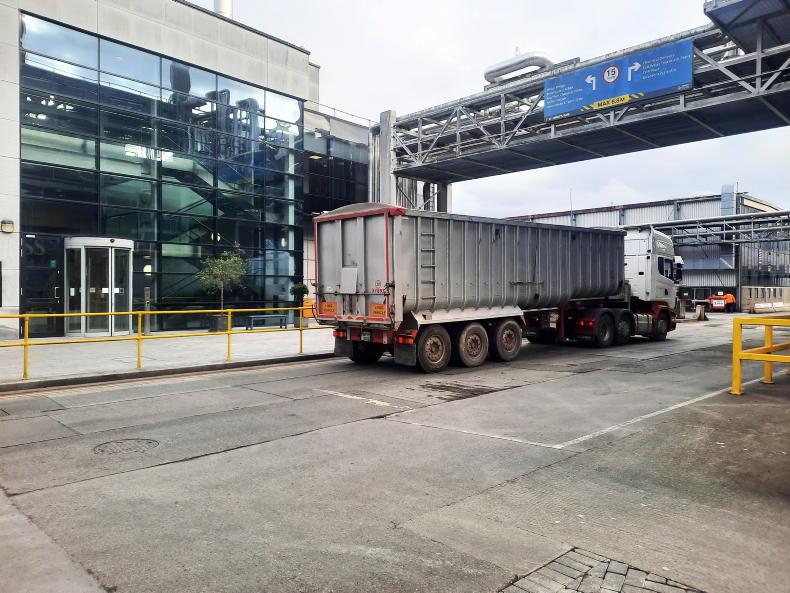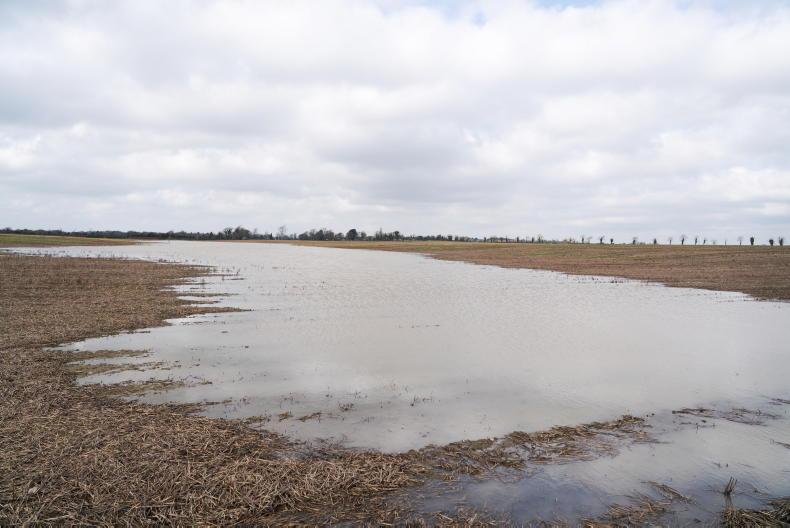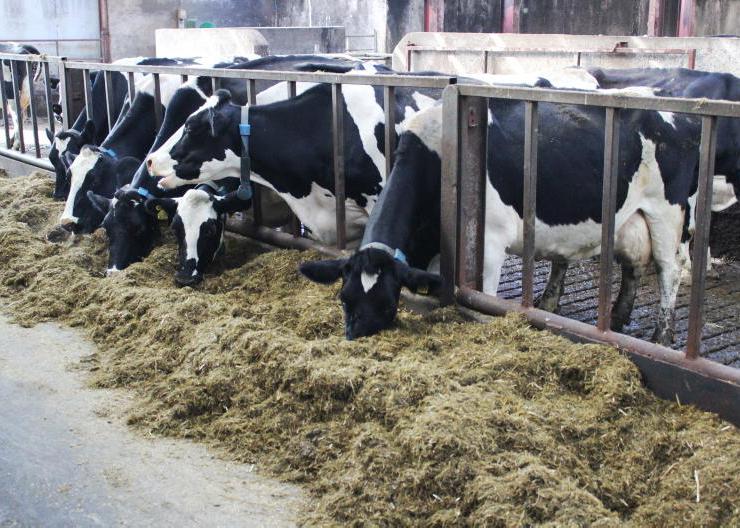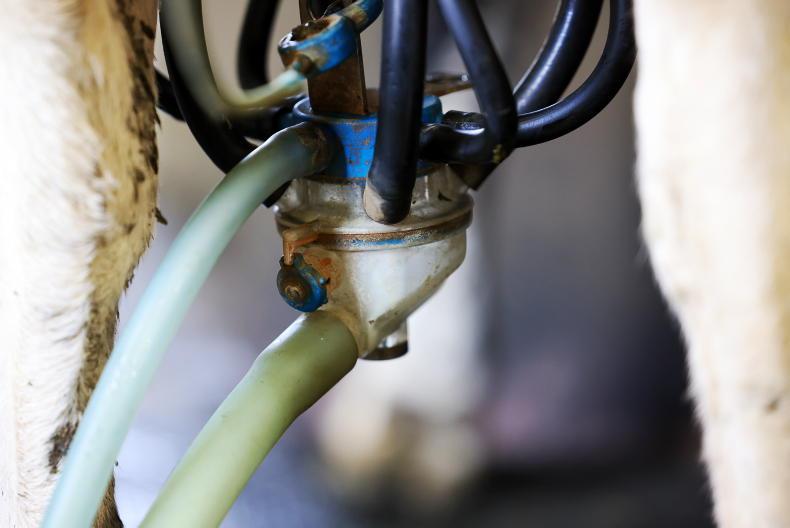Next Monday’s Food Vision Dairy Group meeting feels like a pivotal moment in Irish farming.
There is a growing sense among farmers that the stakeholders’ group is being constituted less to formulate the strategy and policy that will deliver sustainable emissions, and more to be told what the strategy will be.
That will be because the minister and department will have a fairly good idea as to what will happen.
We already know that Charlie McConalogue is an effective player of political chess. He completely out-manouevred the main farm organisations last year when it came to CAP reform. He returned from the decisive ministerial council last June and said he had negotiated the flexibility for Irish farming to agree a CAP programme that would be a fair and balanced outcome.
Dairy farmers in the IFA were less worried about direct payment cuts than drystock farmers
If the IFA thought that would mean their agenda would become the national agenda, they were to be proven wrong.
The CAP reform we ended up with, as one farmer said over Christmas, “was written in Donegal, not Bluebell, Grange, or Moorepark”.
Dairy farmers in the IFA were less worried about direct payment cuts than drystock farmers. Like the ICMSA, they were more focused on the Nitrates Action Programme. Keeping the derogation was the priority.
The co-ops haven’t covered themselves in glory either
For CAP, a new TAMS with fresh access for those farmers maxed out in the current one was important, as were measures that would suit dairy farmers to enter eco schemes. This is different. The fear is there will be structural damage to a sector only unshackled in 2015.
The co-ops haven’t covered themselves in glory either. Despite the changing political landscape, there wasn’t much by way of leadership from the boardrooms, which outside of Kerry are filled with dairy farmers. Glanbia did introduce priority categories for expansion and set up a voluntary cessation scheme, but that had more to do with the delay to the new cheese plant than a recognition of the wider socio-political landscape.
The opportunity to create a “soft landing” may have already passed.
Dairy farmers, especially recent entrants must be wondering if they are standing on a leafy paddock or quicksand
And how do we reconcile the Taoiseach’s explicit support for the new Glanbia plant expressed only last summer with his “crossroads” comments at last week’s IFA AGM? It seems that the political landscape is shifting fast.
Dairy farmers, especially recent entrants must be wondering if they are standing on a leafy paddock or quicksand. There are dozens of farmers around the country right now calving down dairy cows for the first time, and embarking on a journey that has been years in the planning. Many have committed to an investment that will take decades to pay off. And now they must wait, like the stakeholders, to hear what the plan is.









SHARING OPTIONS